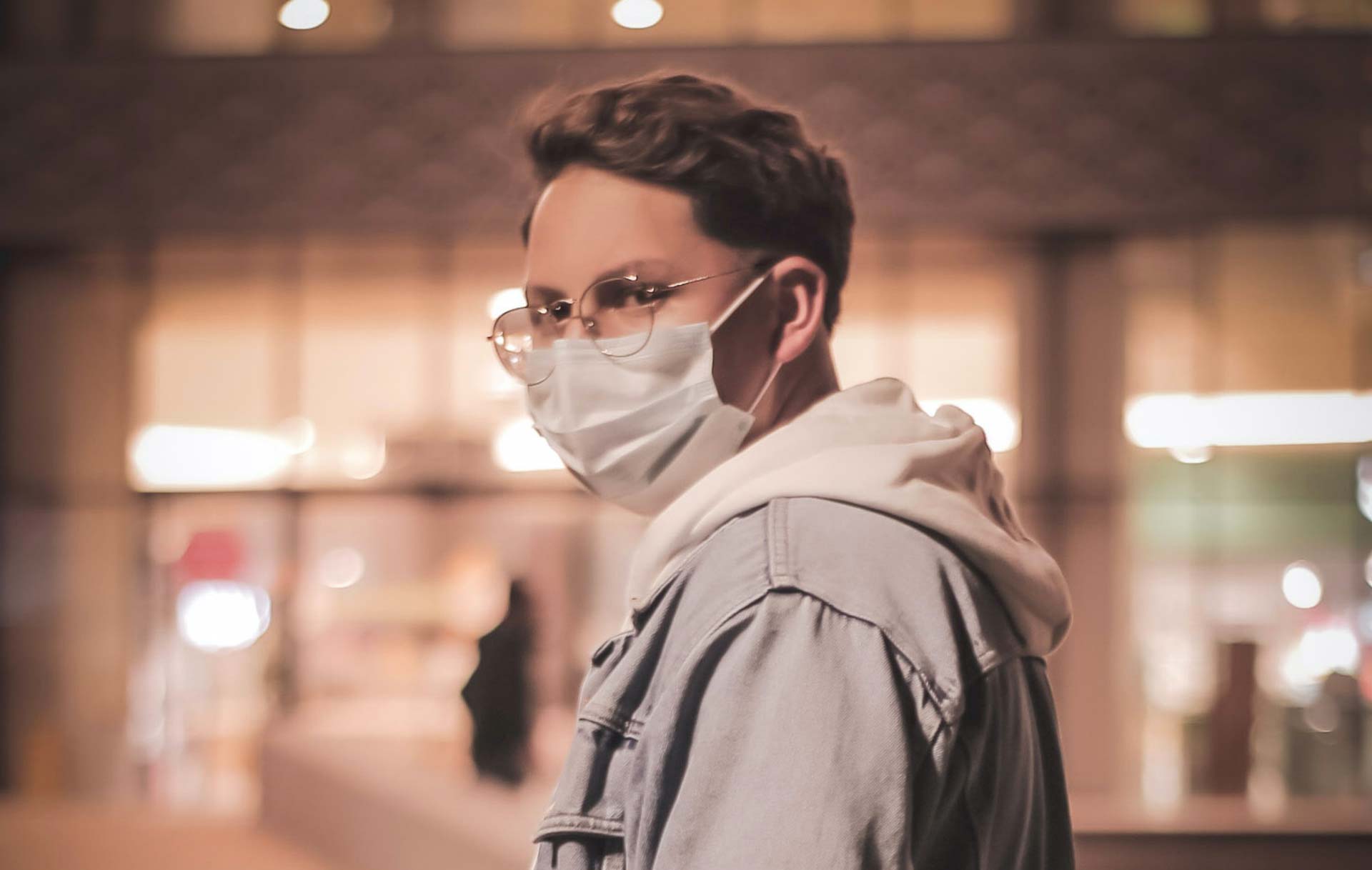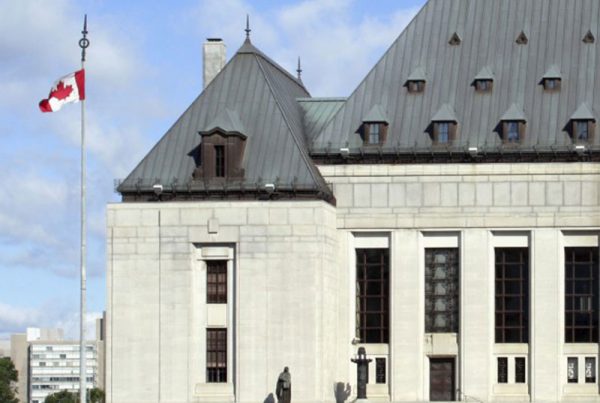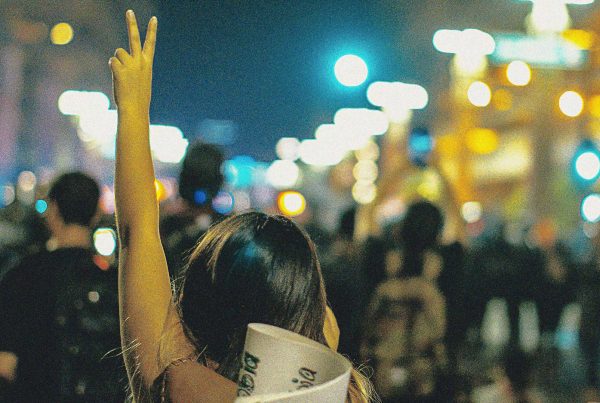June 26, 2020
On Mandatory Masks
Non-medical masks if necessary but not necessarily the legal mandating of masks – this is the current position of CCLA regarding masks during COVID. There are strong opinions about the use of non-medical masks and businesses and governments are increasingly considering whether to make wearing masks mandatory. While advice from public health officials about the effectiveness of masks has been evolving rapidly resulting in some public confusion, there are scores of thousands of people endorsing “mandatory universal masking” in Canada. But new laws mandating masks are exactly the types of government action that tends to overshoot the mark, to the unreasonable and unjustified detriment of our freedoms. At this point in time, CCLA does not support generalized mandatory mask policies that require the wearing of non-medical masks in all indoor public settings
Here are five things to understand about our position on non-medical masks in public spaces:
1) There is a difference between a law passed by a government that requires masks and a policy put in place by a private business that does so. On the one hand, private businesses must respect human rights laws, but they otherwise have the freedom, in many cases, to choose with whom they do business. Private businesses are not generally bound by the Constitution, which regulates governments, laws and public policy. Governments, on the other hand, have to justify restrictions on liberty, such as forcing people to wear a mask, as being both reasonable and demonstrably justified (i.e. based on evidence).
2) The scientific evidence on the effectiveness of non-medical masks is mixed. This is nothing like mandating seat belts in the 1970s. A legal requirement that masks be worn in all indoor public spaces is an attempt at massive, and perhaps permanent, behaviour modification for the entire population. A legal change of this magnitude must be based on stronger evidence than we currently have.
3) Canada’s public health officials’ most recent statements are that masks should be worn when physical distancing is not possible or is unpredictable. There are many indoor public spaces in which physical distancing can be easily maintained, so a rule requiring a mask in all such settings would be overbroad. A rural public library on a weekday afternoon should not be treated the same as a busy urban subway car during rush hour. Even if a government listed by regulation all the exceptions to a rule, they could not possibly cover them all, which means that the law would inevitably be overbroad.
4) Wearing a mask is not medically recommended for some people and may be counter-productive for others (for example, young children who may be more likely to touch their faces if they are wearing a mask). While mandatory mask requirements (including store policies) can create exceptions for these people, meaningful enforcement may require invasive questioning to see who can benefit from such exceptions, creating concerns about privacy rights and the sharing of confidential medical information. The task of enforcement will likely land on businesses and individuals who may be ill-equipped for the task (e.g. requiring a greeter at a grocery store to question customers about their health and determine who should be permitted entry without a mask), and may put both those responsible for enforcement and those subject to it at increased risk
5) With respect to non-medical masks, education and clear messaging around recommendations from public health officials is preferred to legal requirements paired with enforcement, at least based on the scientific evidence to date. While some jurisdictions may choose to put in place legal requirements but not enforce the rules, in our view this creates problems of its own in terms of respecting the rule of law and avoiding public conflicts. For example, the Toronto Transit Commission announced it was making masks mandatory but would not be enforcing the requirement, focusing on education instead. A focus on education makes good sense, but riders will certainly also expect that those violating the mandatory mask rule will not be permitted to ride and expect drivers and transit inspectors to enforce the rules. As with enforcement of many rules and laws, we are concerned about who will be most impacted and whether racialized and marginalized communities will be disproportionately affected. Along those lines, see our report released in June 2020, Stay Off the Grass: CCLA and Policing the Pandemic Mapping Project on Ticketing During COVID
Cara Faith Zwibel is a lawyer and Director of the Fundamental Freedoms Program at the Canadian Civil Liberties Association.
About the Canadian Civil Liberties Association
The CCLA is an independent, non-profit organization with supporters from across the country. Founded in 1964, the CCLA is a national human rights organization committed to defending the rights, dignity, safety, and freedoms of all people in Canada.
For the Media
For further comments, please contact us at media@ccla.org.





